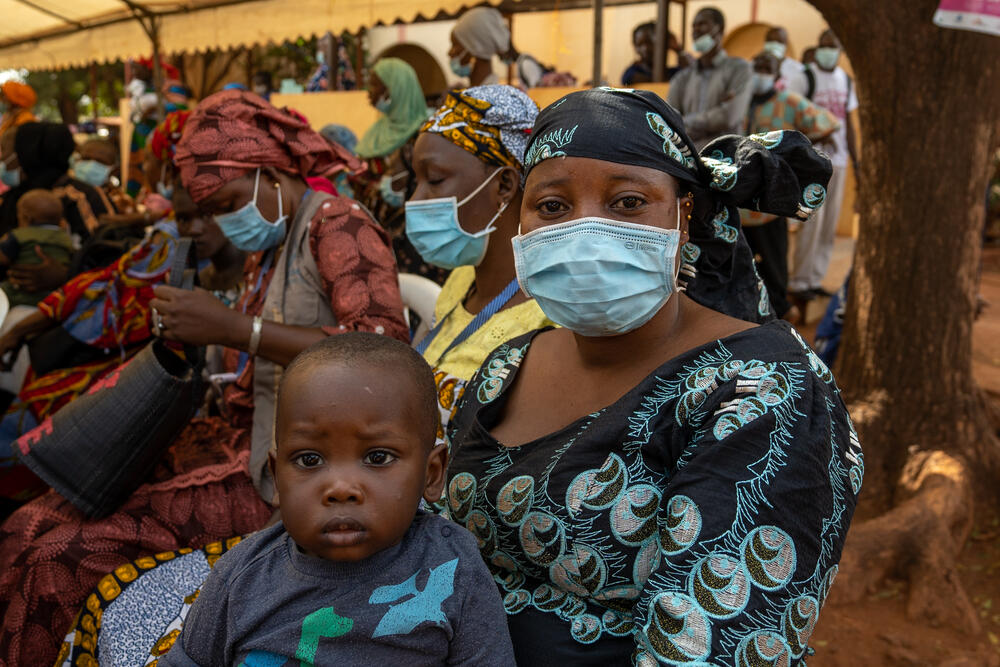Breast cancer: The little-known MSF project saving lives in Mali
Médecins Sans Frontières / Doctors Without Borders (MSF) is best known for launching emergency responses to humanitarian disasters.
However, part of our vital work also involves supporting people facing chronic healthcare crises, with limited access to medical care. In Mali, breast cancer has become one such crisis.
Cancer care (known as oncology) is rare within MSF’s work, and since 2018 we have partnered with Mali’s Ministry of Health to assist patients living with breast and cervical cancer.
Throughout the recent ‘Pink October’ of Breast Cancer Awareness Month, our teams in Mali have supported a campaign that's screened more than 5,000 women in the capital city Bamako.
“Early diagnosis, particularly in the case of breast cancer, is essential to improving chances of survival and ensuring speedy access to treatment,” says Alice Authier, MSF’s oncology project coordinator in Mali.
“This is the message repeated over and over by all the associations, health workers and volunteers who participated in Pink October in Bamako.”
Vital support
As well as raising awareness, MSF is also supporting the wider screening process itself. Recently, we helped refurbish Mali’s only publicly funded laboratory able to diagnose cancer, at Point G Hospital in Bamako.
“We organise information campaigns, donate equipment like biopsy forceps and provide technical assistance to midwives and nurses in Bamako’s health centres,” says Authier.
“We also cover the cost of mammograms, additional examinations, medical imaging and follow-up of patients while they’re on treatment.”
Once a patient has received a cancer diagnosis, a joint MSF and Ministry of Health team are able to offer surgery, chemotherapy or radio therapy at Point G Hospital. In 2020, there were over 3,000 sessions.
However, there are still severe challenges, particularly around radiotherapy – often used to treat breast cancer.

Help us prepare for the next emergency
“[Point G Hospital] has Mali’s only radiotherapy machine, and, as the country has a population of over 20 million, it isn’t enough to treat all patients,” says Authier.
“Waiting times can be long and breakdowns are common. It should also be pointed out that radiotherapy can’t be interrupted because the effects can be more harmful than if the patient had never started it.”
A race against time
In the near future, MSF plans to expand this unique cancer care project and reach women across Mali with the treatment and support they need – including palliative care, pain management, psychological and social support, and home visits.
“It’s essential they’re able to initiate treatment as quickly as possible,” says Authier.
“Beating the disease is a race against time.”
Between January and June 2021, the Mali oncology project diagnosed 166 women with breast cancer and 126 with cervical cancer. In total, MSF has provided support and palliative care to over 1,100 patients since the beginning of the year
MSF and non-communicable diseases
Diabetes, high blood pressure and asthma are common conditions that may not seem like humanitarian emergencies.
However, when conflict, disaster or mass displacement leave patients cut-off from their care, the everyday can fast become life-threatening.
